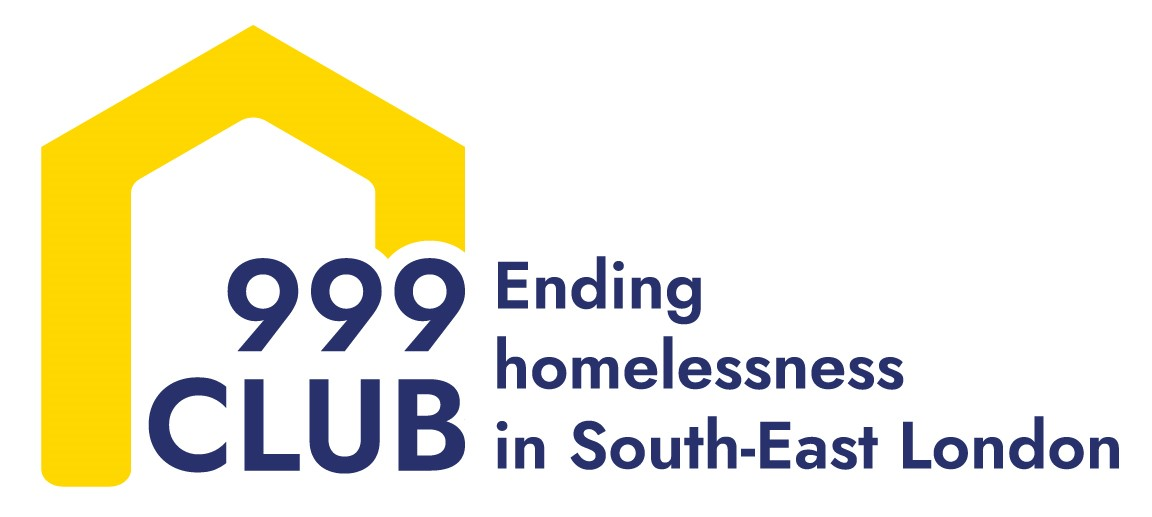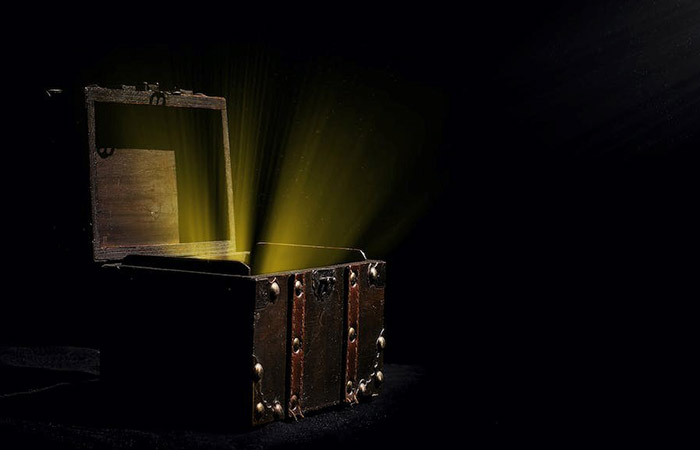As a kid I learnt the story of Pandora’s box. You will probably remember that Zeus gives Pandora a box containing all manner of evils and tells her to never open it. Inevitably she does exactly that as soon as she can and out swarm all the troubles of the world, never to be recaptured.
The story was lightened slightly by the conclusion, which was that hope was also in the box, and its release gave humans a shot in this wicked world. I remember at the time finding the upbeat tone of the conclusion slightly at odds with the cynical, misogynistic vibe of the rest of the story.
Later in life I came across this quote from the philosopher Friedrich Nietzsche:
“Zeus did not want man to throw his life away, no matter how much the other evils might torment him, but rather to go on letting himself be tormented anew. To that end, he gives man hope. In truth, it is the most evil of evils because it prolongs man’s torment.”
One to ponder.
It strikes me that there is good hope and bad hope. If I a sit under a tree and I’m hungry, I should probably get up and find something to eat. If I just hope that food will appear, chances are I’ll keep being hungry. This is bad hope. Hope without a plan. Hope without a chance. Hope without action.
However, if a group of people want to do something new. Something amazing. Something creative. Something with a degree of uncertainty, they need hope. They may have a plan. They may have a risk register. They may have thought about everything that could go wrong and how they will deal with that and make sure it does not happen in the first place. But they need a bit of hope. Some sense of optimism, motivation that things can change and happen. A belief in an as yet unrealised positive future. The sunny uplands, just out of reach and out of sight, over the hill.
That is good hope. Hope with a chance of success. Hope with a plan. Hope that motivates and keeps us going in the face of setbacks and unexpected events.
In our work at 999 Club we see people who have no hope. They may have slept on the street for several years. They may have had terrible traumatic experiences. They may have been let down by services, friends and family, all of whom they once trusted, and they have vowed to never trust or hope again.
It is very difficult for people in this situation to make changes, to find a home or a job. Their guard is up. They do not think anything good can or should happen to them. It can take a lot of time, a lot of listening, a lot of compassion and understanding, before we really get to know people in this situation, before we establish a relationship that can lead to action, something like getting someone’s ID sorted or getting them a viewing of a property. That action can then lead to hope.
We also see people with bad hope. People who are confident that they will get a council flat any day now. That their current situation is transitory. That they can kick the habit. That their childhood experiences will soon be forgotten. That their number will come up. They are so hopeful that they do not feel compelled to act.
It is very difficult for people in this situation to make changes, to find a home or a job. They are not motivated to complete forms, to present documents or to take the small sometimes painful steps that are required for any larger change. It can take a lot of time, a lot of listening, a lot of compassion and understanding, before we really get to know people in this situation, before we establish a relationship that can lead to action.
As a charity, we are hopeful but not unrealistic. We know that rents are high and getting higher. We know that benefits are low and not getting higher. We know that waiting lists for social housing are long. We are not naïve to these facts, and we do not just hope they will get better. We work with the world we are in, but we believe that the experience of homelessness can be prevented, that people who are sleeping on the streets can find a place to call home and that they can sustain their home. We believe this because we have seen it happen and because we know how to welcome people, to listen to them, to respect them, to get to know them and to work with them.
This is the type of hope that keeps us going.

